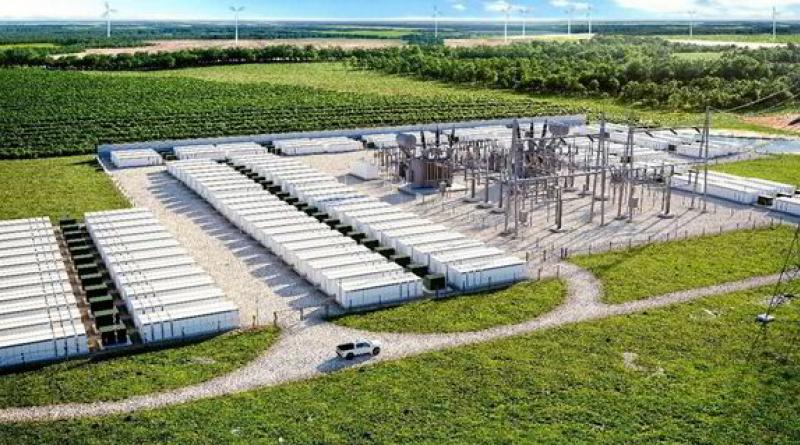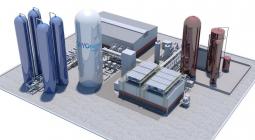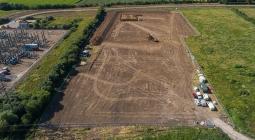Canada's biggest battery project charges up as Northland makes debut deals with Tesla and Aecon

Developer's first energy storage facility, the 250MW Oneida, will be built in Ontario, following agreement with grid operator and key development contract awards
Canada’s Northland Power has fired the starting gun on what will be its home country’s largest energy storage project to date, awarding a number of key development contracts for the 1,000MWh Oneida battery facility, and finalising a 20-year deal for electricity storage services with a provincial grid operator.
The developer, which is working with NRStor and the Six Nations of the Grand River Development Corporation on the 250MW lithium-ion-based facility, to be built near Nanticoke in southeastern Ontario, has brought in Tesla for “key components” and servicing of the facility, which will be engineered and built by Aecon.
“The Oneida energy storage project is a milestone for Ontario’s burgeoning energy storage sector. For Northland, this project marks our first storage investment. The opportunity to construct and operate Canada’s largest battery energy storage project holds special significance,” said Northland CEO Mike Crawley.
The project – which once online in 2025 will double Ontario’s current energy storage capacity to 475MW – is being backed by the Canada Infrastructure Bank, with several commercial banks “completing” the financing.
A further $50m has been awared to the Onieda development via the so-called smart renewables and electrification pathways programme, as a project contributing to Canada’s target of a 100% net zero electricity system by 2035.
“We recognise the governments of Canada and... of Ontario for their continued support of Oneida as part of their broader vision to ensure reliable and affordable clean energy for Canadians,” said Crawley.
Global energy storage markets are expected to together grow 15-fold to 411GW (1.19TWh) by the end of the decade boosted by recent policy shifts in the US and Europe, although supply chain constraints might slow additions, according to forecast report from BloombergNEF in October.





